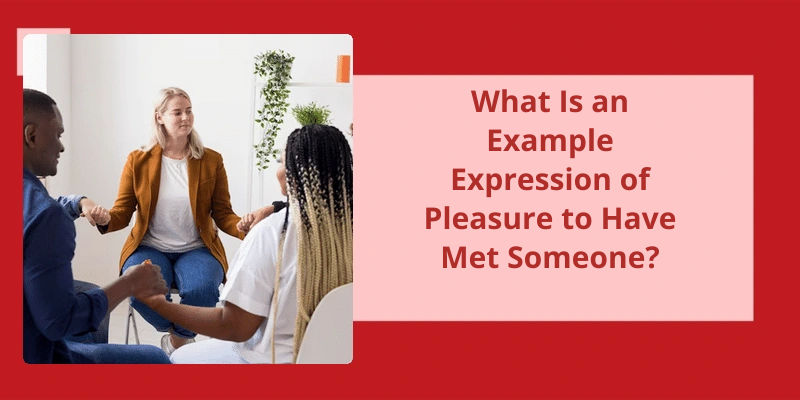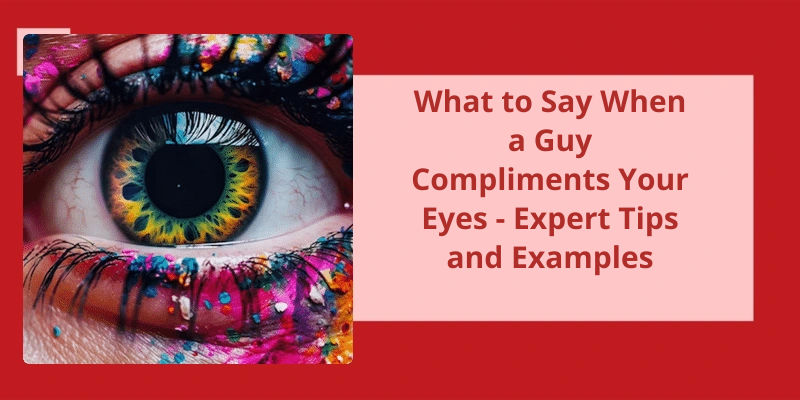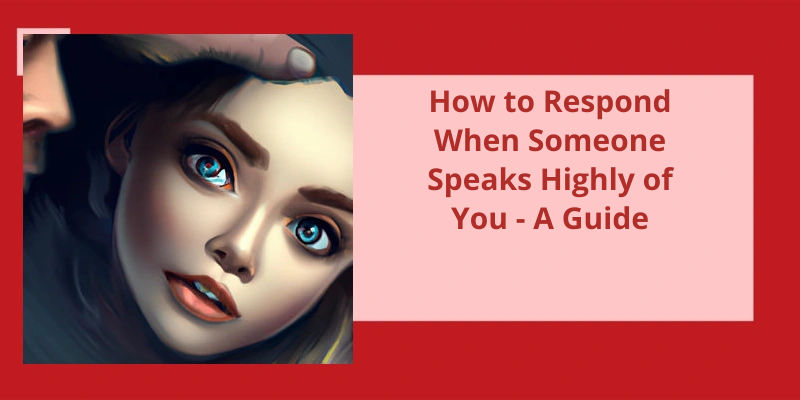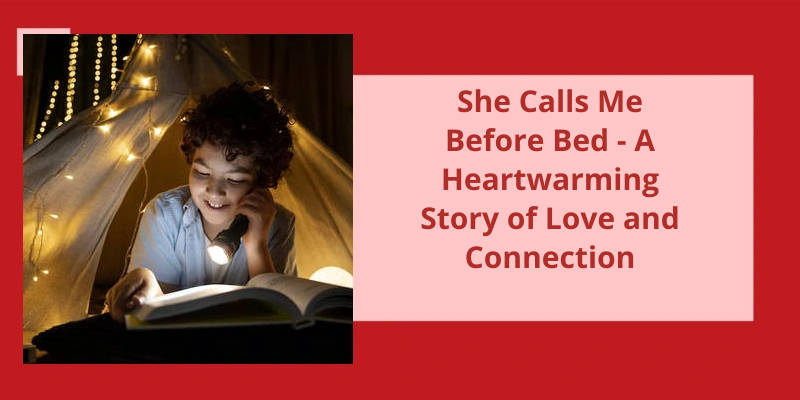The beauty of human interaction lies in the ability to form connections with those around us. When we meet someone new, the feeling of pleasure that arises from that initial encounter can be difficult to put into words. However, there are certain expressions that have become commonplace in our society to convey that feeling of pleasure. From "It's great connecting with you" to "Lovely to meet you," these expressions serve as polite acknowledgments of the pleasure we feel from having met someone new. Whether in a professional or personal setting, these expressions hold great importance in building relationships and fostering connections with those we encounter.
When to Say It’s a Pleasure to Meet You?
It’s important to know when to say “It’s a pleasure to meet you” because the timing of the phrase can affect the impact it’s on the other person. If you say it too early in the conversation, it can come across as insincere or overly eager. However, if you wait too long to say it, the other person might think you aren’t interested in meeting them.
This establishes a clear introduction and sets the tone for the rest of the conversation. It shows that you’re acknowledging the other persons presence and that you’re happy to meet them.
This is a good way to wrap up the interaction and leave a positive impression on the other person. It shows that you enjoyed meeting them and that you value the time you spent talking to them.
However, you should also be mindful of cultural differences when saying “It’s a pleasure to meet you”. What’s considered appropriate in one culture may not be in another. In some cultures, it’s customary to bow or shake hands when greeting someone, while in others it’s common to hug or kiss on the cheek. Knowing how to greet someone in a way that’s culturally appropriate will help you avoid any awkward situations.
However, timing and cultural differences should also be taken into account to ensure that the phrase is delivered in a sincere and appropriate manner.
Other Common Greetings in Different Cultures
The act of exchanging greetings is a universal practice, but the ways in which people do it may differ depending on the culture. In some cultures, shaking hands is the norm, while in others, bowing or hugging is more common. People from certain regions might also use specific phrases or expressions when greeting others, such as “salaam” in Arabic cultures or “namaste” in Indian cultures. These greetings help establish a connection and set the tone for a conversation, and it’s important to be aware of them when conducting business or traveling to different parts of the world.
Now that we’ve established some common ways to express pleasure in meeting someone, let’s explore other ways to convey pleasure in different situations and contexts. After all, pleasure is a universal human experience that can be expressed in more ways than just a simple greeting.
How Do You Say Pleasure to Someone?
When meeting someone for the first time or for the first time in a while, expressing pleasure is a polite and effective way to establish a positive rapport. However, simply saying “pleasure to meet you” may come off as insincere or formulaic. It’s important to tailor your response to the specific situation and individual to make a genuine connection.
One way to express pleasure is to personalize your response. Instead of a generic “nice to meet you,” try adding a specific compliment or comment about the person. For example, “its great to finally meet you in person, Ive heard wonderful things about your work” or “Ive been looking forward to chatting with you, I loved your article on X.”
Another approach is to focus on the future, expressing excitement about potential interactions or collaborations. For instance, “Im thrilled to have the opportunity to work with you on this project” or “I cant wait to hear more about your research and continue this conversation.”
Humor can also be effective in expressing pleasure, as long as it’s appropriate and doesn’t come at the expense of others. A witty comment or playful quip can lighten the mood and build camaraderie. However, it’s important to gauge the other persons personality and level of familiarity first to avoid any misinterpretations.
Nonverbal cues are just as important as words in conveying pleasure. A genuine smile, eye contact, and a firm handshake or other appropriate physical touch can reinforce your sincerity and goodwill. It’s important to be mindful of cultural differences and personal boundaries, of course, but a warm and welcoming demeanor can bridge many gaps.
Ultimately, the key to expressing pleasure is to be authentic and attentive. Take the time to connect with the person in front of you, listen to their interests and needs, and respond accordingly. By building a foundation of trust and mutual respect, you can set the stage for a fruitful and enjoyable relationship.
When it comes to responding to ‘it was a pleasure,’ there are various ways to reciprocate the sentiment without sounding repetitive. It’s important to acknowledge the interaction positively and make the other person feel appreciated. Here are some alternatives to consider.
How Do You Respond to It Was a Pleasure?
When someone says that “it was a pleasure” after meeting you, it’s important to respond in a way that conveys your appreciation and gratitude for the interaction. One way to do this is by returning the sentiment and saying something along the lines of “it was a pleasure meeting you too.”. This simple phrase lets the other person know that you also enjoyed the interaction and value the time you spent together.
Another way to respond is by saying “you too!”. This shows that you also appreciate the other person and the effort they put into meeting with you. This response is particularly effective if it’s a casual encounter or if you don’t want to spend too much time on formalities.
For a more formal or professional response, you can say “it was great to meet you” or “Im glad I finally got to meet you.”. These phrases convey a greater level of appreciation and respect for the other person, and can help to build a stronger relationship or connection.
Whatever response you choose, it’s important to be sincere and authentic. You want the other person to feel valued and appreciated, and to know that you’re interested in building a relationship or connection with them. So take the time to think about your response and make it heartfelt and genuine.
You can return the sentiment, say “you too,” or use another alternative that conveys your appreciation and gratitude.
Cultural Differences in Responding to Greetings and Formalities
Different cultures have varying norms and expectations regarding greetings and formalities. These differences include customs for addressing others, the appropriate level of physical contact in greetings, and the level of formality expected in different social and professional contexts. It’s important to be aware of and respectful towards cultural differences, as overlooking these nuances can lead to misunderstandings and unintended offense.
When meeting someone new, it’s natural to want to express your pleasure in meeting them. However, constantly repeating the same phrase, such as “nice to meet you,” can come across as robotic and insincere. Luckily, there are many alternative phrases that can express your excitement and gratitude in a more varied and authentic way. Here are a few options to consider.
How Do You Say It Was a Pleasure to Meet Someone?
When meeting someone for the first time, it can be challenging to know what to say to show your appreciation for the conversation. A common greeting has always been “nice to meet you”, but there are more professional and charming ways to convey the same sentiment. You can start by saying “Im glad to meet you”. This expression is a step up from the basic “nice to meet you” and shows that you’re genuinely pleased to make their acquaintance.
Another alternative when you first meet someone is to say “lovely to meet you”. This phrase conveys a sense of warmth and friendliness. It’s ideal when you want to make the other person feel relaxed and comfortable during your interaction. This expression suggests that you’d been looking forward to meeting them and it was delightful to finally do so.
If you want to show genuine excitement and admiration, you can say “how wonderful to meet you”. This phrase conveys that you’re impressed and are ready to engage in any conversation with them. The word “wonderful” highlights a positive attitude, which can help you build a professional or personal relationship.
A more formal expression of appreciation could be “its a pleasure to meet you”. This statement is useful for professional situations or when meeting someone of high status. The word “pleasure” suggests that meeting them is a special moment, and it acknowledges the value of the exchange. This phrase helps to start the conversation on the right foot, allowing you to make the most of that first impression.
If you wish to demonstrate politeness and respect, you can use the phrase “pleased to make your acquaintance”. While it may sound a bit old-fashioned, this expression still serves well in formal meetings or where professional decorum is expected. This statement implies that you’re grateful to meet them, especially if you don’t know them well.
Finally, if you desire to convey great respect and admiration, you can say “it’s an honor to meet you”. This phrase is more powerful and formal and is usually reserved for meeting someone of great importance or one you’ve admired from afar. This expression also conveys that you consider yourself fortunate to have the opportunity to interact with them and that you hold them in high regard.
There are several ways to show appreciation when meeting someone for the first time. The right approach depends on the context and your relationship with the person you’re meeting. By choosing a more professional or charming greeting, you can quickly establish a positive tone for the conversation and make a positive first impression. It’s essential to be genuine and thoughtful in your approach to foster long-lasting professional and personal relationships.
The Importance of Body Language When Meeting Someone New
Body language plays an essential role in conveying our thoughts, feelings and intentions even before we’ve spoken a word. It’s especially crucial when meeting someone new as it can create a first impression and set the tone for the rest of the interaction. Therefore, paying attention to our body language and making sure it’s open, confident and welcoming can help establish trust and build rapport with the other person.
Source: Nice To Meet You—Seven Formal and Casual Synonyms
Understanding the nuances of language and social etiquette is an important part of effective communication. One phrase that often comes up in polite conversation is “my pleasure,” which can be a bit confusing for non-native English speakers or those unfamiliar with American culture. In this article, we’ll explore the meaning and usage of this phrase, and offer tips for incorporating it into your own interactions.
What Does My Pleasure to You Mean?
Saying “my pleasure” is expressing genuine joy in being able to assist or help someone else. It implies that it was not only a duty or responsibility, but truly made the speaker happy to be able to do it. This response is often used in customer service situations to express gratitude towards the customer for allowing the speaker to help them.
It shows that the speaker is willing to put in effort towards creating a more comfortable and enjoyable atmosphere for everyone involved. Depending on the specific situation, this response can also indicate a willingness to go above and beyond what’s expected in order to make someone else feel appreciated.
It’s a way of acknowledging that their request or need was important enough for you to take the time and effort to help them out. It can also create a sense of camaraderie and encouragement, reminding the other person that they can count on you in the future.
It’s a way of conveying positive emotions and nurturing relationships. In a world where people are often too busy or distracted to show genuine interest in others, saying “my pleasure” can open the door to deeper connections and more meaningful interactions. Whether in a personal or professional setting, this simple phrase can make a big difference in how people feel towards one another.
Conclusion
In conclusion, expressing pleasure in meeting someone is a fundamental aspect of building social relationships. A simple greeting such as "it's great connecting with you," "pleased to meet you," or "lovely to meet you" can have a significant impact on the tone of the conversation. These small gestures show that you value the other person's presence and create a positive impression that can last for a long time. So the next time you meet someone new, don't hesitate to show your pleasure in meeting them.






